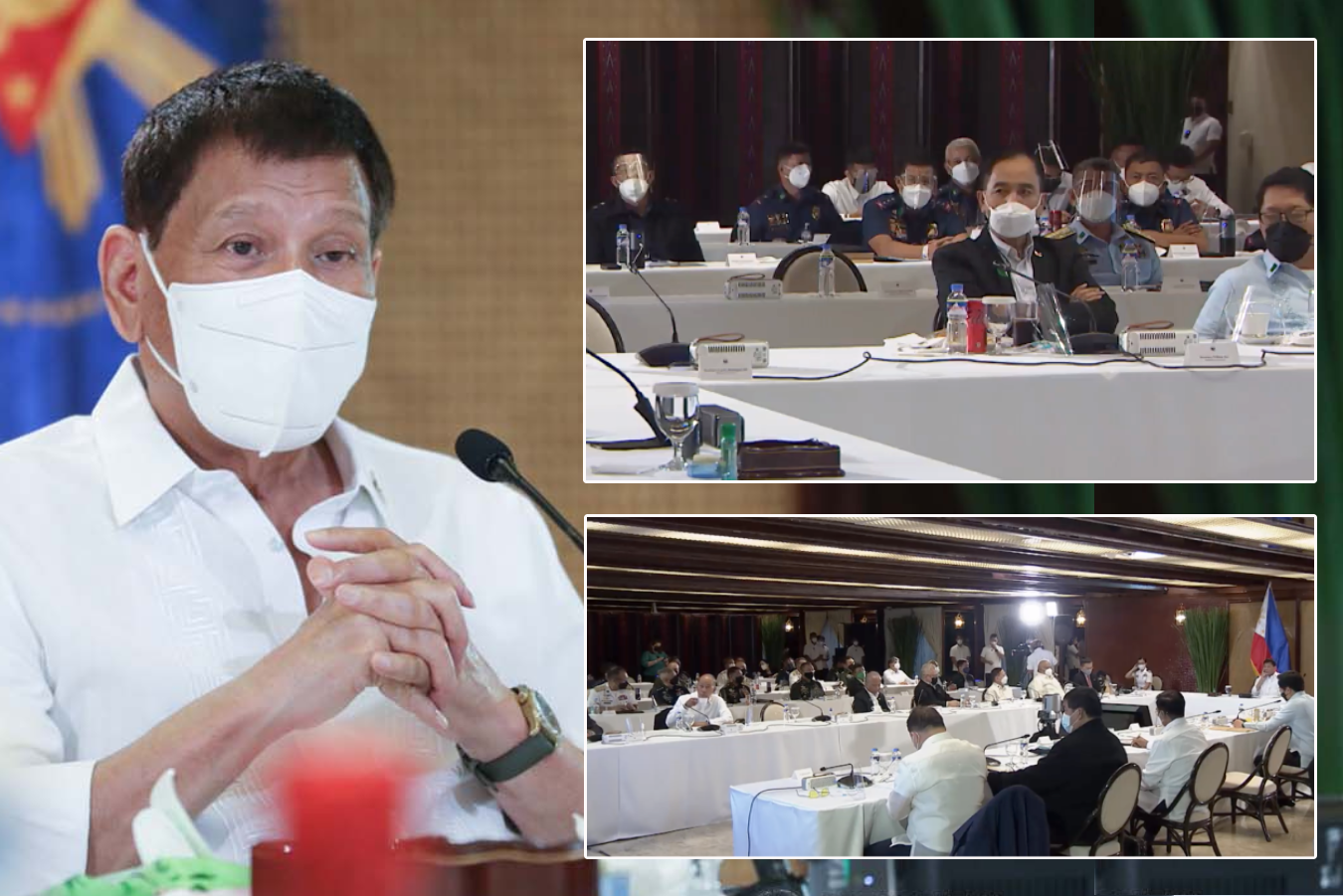
Agriculture Secretary William Dar lauded the immediate and resolute approval by President Rodrigo D. Duterte of various measures proposed by the Department of Agriculture (DA) to cushion the impact of global economic challenges and Russia-Ukraine crisis on Philippine food security.
Secretary Dar said, quoting the President: “We should help our farmers and fishers to be more productive, and earn decent income.”
President Duterte made the remark after the DA chief presented the possible impacts of the current crisis during the March 1 Cabinet meeting in Malacañang, which was also attended by top officials of the Armed Forces of the Philippines (AFP) and Philippine National Police (PNP), to discuss possible scenarios should the ongoing Russia-Ukraine conflict continue and escalate.
During the meeting, President Duterte has given assurances that mitigating measures and contingency plans will be in place as part of the government’s proactive response to the conflict in Ukraine.
He also approved the recommendations of his economic team, led by Finance Secretary Carlos Dominguez, to strengthen the domestic economy, stabilize food prices, provide social protection, and explore diplomatic channels to help resolve the conflict.
For his part, Secretary Dar said during the Cabinet meeting that “it is imperative and urgent for the Philippine government to ensure that we have adequate, affordable and accessible supply of basic food items, and agricultural inputs to ensure continued productivity and increased incomes of farmers and fisherfolk.”
“The measures approved by the President will further boost higher food production in the country, and provide our farmers, fishers, and ruralfolk much-needed incomes amid the Covid-19 pandemic,” added Secretary Dar.
“If we fail to act now, the net result is high food prices and inflation, resulting in food insecurity, hunger, and malnutrition. Thus, we thank President Duterte for his decisive action on the matter,” he said.
The measures approved by the President include:
- Additional budget to fund part two of the DA’s flagship “Plant, Plant, Plant” program;
- Realignment of the 2022 DA budget;
- Provision of concessional loans by the Land Bank of the Philippines and Development Bank of the Philippines to provincial local government units for palay procurement and rice buffer stocking; and
- Transfer of oversight of the National Irrigation Administration back to the DA.
The bulk of the recommended additional budget would be allotted for the provision of fertilizer subsidy to farmers planting rice, corn, high-value crops, sugarcane, and coconut; and respective budgets for urban and peri-urban agriculture, production of animal feeds using local materials, enhancement of aquaculture and mariculture fishery production, and food mobilization and logistics through the “Kadiwa ni Ani at Kita” marketing program.
“High fuel prices directly impact on the cost of farm inputs, fertilizers, feeds, and biologics. With current global oil prices exceeding US$100 per barrel, the President approved our requested budget for the Plant, Plant, Plant Program Part 2,” the DA chief added.
While the Philippines does not directly import fertilizers from either Russia and Ukraine — that account for 18 percent and 4 percent, respectively, of the total global supply of urea — their conflict would greatly reduce the volume traded globally.
Thus, to mitigate the impact of high fertilizer prices worldwide, he said the DA through its Fertilizer and Pesticide Authority (FPA) is currently holding bilateral discussions with fertilizer producing countries, including Indonesia, Malaysia, Qatar, and China.
“In addition, we are now working closely with the Department of Budget Management on the proposed realignment of our 2022 budget to ensure more effective and targeted utilization of funds,” he said.
He also welcomed the decision of President Duterte to transfer back the oversight of the NIA to the DA for better water management and crop scheduling.
The President is set to issue an executive order on the matter, Secretary Dar said.
“Finally, we enjoin the provincial LGUs to tap the LandBank and the DBP, where they can apply concessional loans which they could use to buy palay from farmers, maintain rice buffer stocks, and establish their respective rice processing and storage facilities,” he concluded. ### (DA StratComms)














